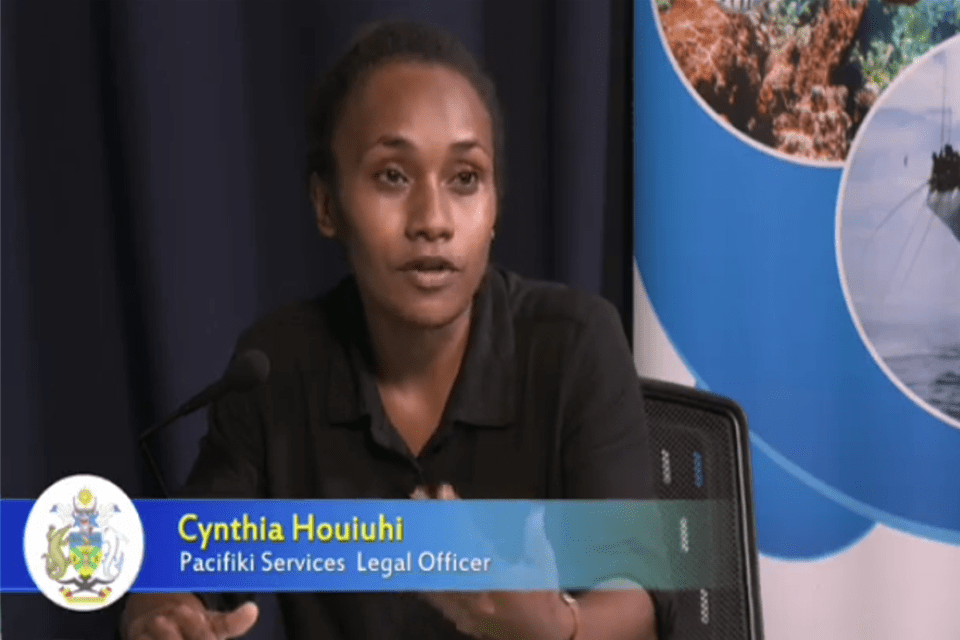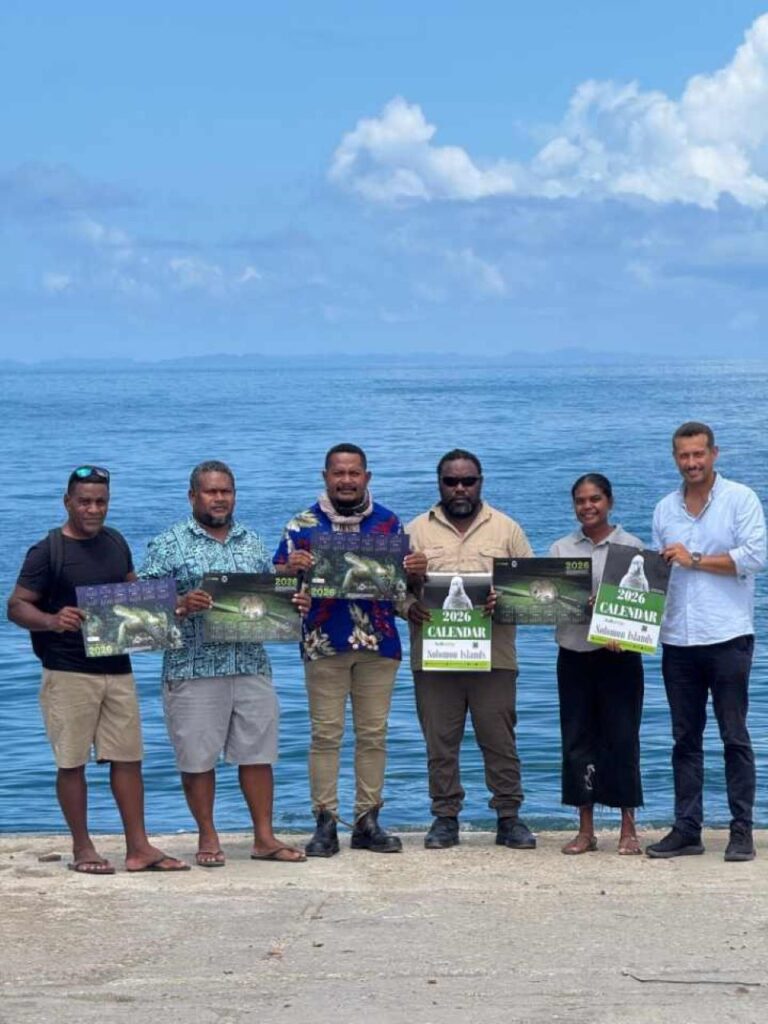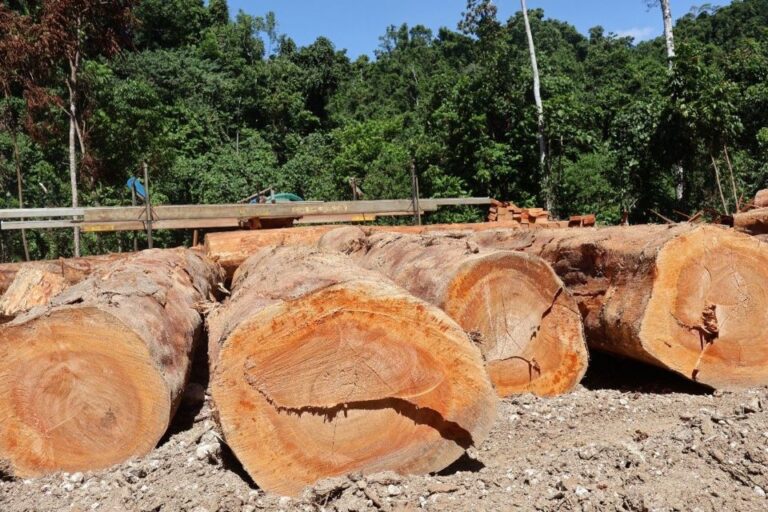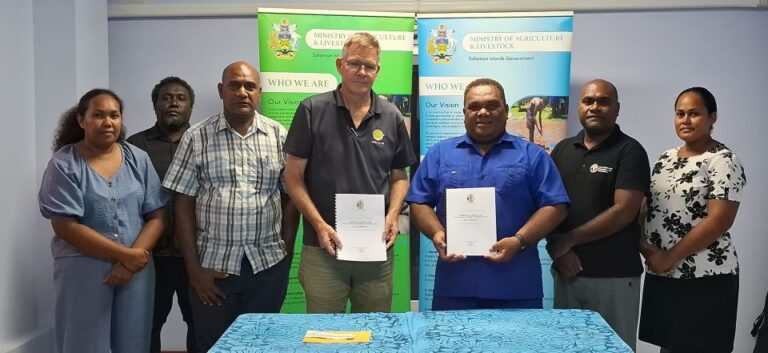BY JOHN HOUANIHAU
THE Pacific Islands Student Fighting Climate Change has the perspective that Climate Change is a human rights crisis, according to Cynthia Houiuhi, Pacifiki Services legal officer.
Ms. Houiuhi, who is also a founding member and President of the Pacific Islands Student Fighting Climate Change (PISFCC) based in the Solomon Islands said they see that Climate Change is undermining fundamental rights such as the right to shelter, clean water, and a safe environment for people.
She says the Solomon Islands as an island state benefit primarily so much from land and the ocean that is now under threat from climate change while putting the state in a vulnerable state.
“Land and sea had connected very much to our culture.
“Many cultural or custom dances portray the women doing the fishing or men doing the hunting. It is also from the sea/ocean that most coastal communities rely on for their livelihood,” says Houiuhi at the recent World Environment Day Talkback show in Honiara.
Cynthia Houniuhi has previously graduated with a Bachelor of Laws degree from the University of the South Pacific in 2021.
Her passion lies not only in using law as a catalyst to accelerate climate action but also in working with young people to ensure they have a sustainable and resilient future.
She believes that most Pacific Islanders’ fundamental human rights are already being undermined by the adverse effects of climate change and so a human rights-centered approach must be considered in addressing climate change.
Meanwhile, Cynthia Houiuhi says that the Pacific Islands Student Fighting Climate Change which is comprised of legal students, who were previously studying at the University of South Pacific in Vanuatu has started a campaign to have the international court of justice issue an opinion on climate change – which could have huge legal ramifications
She says the campaign sets their minds on saving the world and more especially the most vulnerable communities affected by the climate crisis.
“The idea the students came up with was to change international law by getting the world’s highest court – the International Court of Justice (ICJ) – to issue an advisory opinion on the climate crisis.
“The idea which started in 2019 is in the process of seeking an ‘Advisory Opinion’ from the International Court of Justice on how they can use the law to protect these human rights from the adverse effects of Climate Change,” she said.
Cynthia described that there are two main campaigns to seek an advisory opinion is on Climate Change, and human rights and to reach out to the grassroots level and educate and activate youths through awareness, and capacity building to understand the gravity of Climate Change as well as activating them to demand their rights.
“The “Advisory Opinion” seeks to find answers to the question – ‘what are the obligations of the state in terms of international law to protect human right now and coming future from the adverse effects of climate change.
“We believe that the benefit of the Advisory Opinion is that it has a moral value because it comes from the highest court so the weight it carries would be persuasive which people can rely on as more demand for actions from the international stage in terms of Climate Change,” she said.
Meanwhile, if the idea is successful – then this would be the first authoritative statement on climate change issued by the ICJ.
The opinion would clarify legal questions related to climate change, for instance about states’ obligation to other countries, and could have huge implications for climate change mitigation and the setting of domestic law, as well as international, regional, and domestic disputes on climate harm.
PISFCC is a regionally recognized youth-led organization and its members who are based in Fiji, Tonga, Vanuatu, and the Solomon Islands have intended to help mitigate the adverse effect of Climate Change on human rights in its member state countries.




